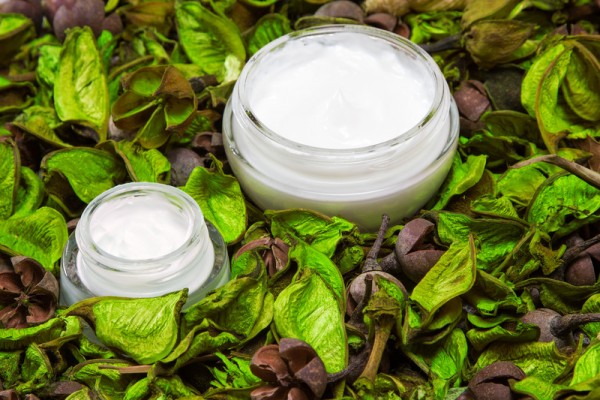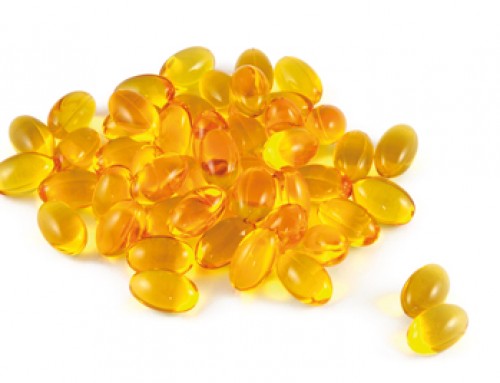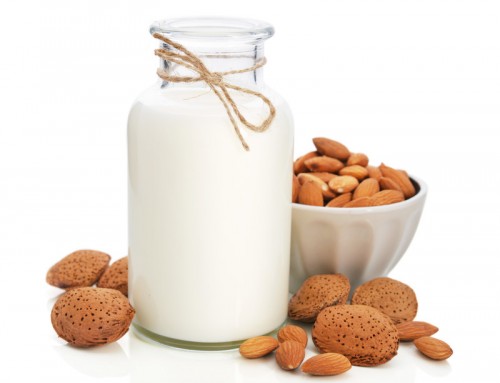MYTHS AND TRUTHS OF NATURAL AND ORGANIC COSMETICS
Do you want to know the difference between natural and organic cosmetics? Would you like to find out what are the main advantages of natural and organic against conventional cosmetics? Found out some explanation about myths and truths in natural and organic cosmetics.
NATURAL AND ORGANIC COSMETICS – WHAT IS IT?
Natural and organic cosmetics include products that contain natural and organic harvested ingredients. Various international standards set detailed rules on the content of these ingredients in the products. More important than the rules on the content of natural and organic ingredients are strict regulations about forbidden ingredients in natural and organic cosmetic products. The most well-known certification institutions are: Cosmos and Natrue (International Association), Ecocert (France), Soil Association (United Kingdom), BDIH (Germany), ICEA (Italy) and, for example ECOGEA (Slovenia). The main difference between natural and organic cosmetics is that organic products include natural ingredients that are organic certified. In natural cosmetics these ingredients are only natural and not necessarily organic certified. It should also be noted that all products on the market cannot be 100% natural, except for example ointments containing 100% lipid content and not containing water. All products containing water that are properly preserved contain a certain proportion of synthetic preservatives. The advantage of certified products is that the standards specify exactly which preservatives (generally acceptable as safe), can be used and which are prohibited. On the list of non-allowed are for example parabens. Standards for natural and organic cosmetics clearly state which non-problematic synthetic ingredients (usually irreplaceable by natural) can be used in certified products and in what quantity. The use of synthetic ingredients is very limited, and standards for organic products are much stricter than for ones for natural cosmetics.
MAIN ADVANTAGES OF NATURAL AND ORGANIC COSMETICS BEFORE CONVENTIONAL
VERIFIED COMPOSITION
A considerable advantage of certified natural and organic products is that they have a verified composition from an independent institution. In practice this means that a third person has verified the product’s composition and approved it. The approval ensures that these products do not contain widely known harmful chemicals commonly used in conventional products, which are harsh and further aggravate skin and human health. A list of unauthorized ingredients in natural and organic cosmetics is quite long. For example, parabens, heavy metals, formaldehyde sources, GMOs and a complete list of hazardous chemicals are found on it. All certified products are also strictly prohibited for animal testing and the use of all animal components for which the animal is to be killed are also not allowed.

BENEFITS AND EFFECTS ON THE SKIN
It has been proven that most of the natural or organic ingredients used in cosmetics are much better accepted by the skin than synthetic ones. In addition, natural ingredients are much gentler to the skin. Vegetable oils for example are much more compatible with the skin and are absorbed much better in the skin than the most commonly used mineral oils. Mineral ingredients such as paraffin, petroleum jelly, silicones are poorly absorbed in the skin and make only thin film which as a result closes the pores on the skin. Frequently used natural ingredients have proven beneficial effects on the skin and to the epidermis itself and are not as aggressive as some synthetic ingredients to the acid-protective skin mantle for the same desired effects. Typical examples of this are gentle vegetable based surfactants (emulsifiers) in comparison with certain synthetic like PEGs (not allowed in organic cosmetics). Most natural ingredients have beneficial effect on the skin, restoring, regenerating and in a natural way encourages maintaining the correct skin flora.
ECOLOGICAL ASPECT
An ecological aspect is also extremely important. Characteristic of natural and organic certified ingredients are that these are considerably less hazardous and stressful for the environment. Unlike synthetic, these are quite well biodegradable. In addition to the aforementioned, the negative environmental impact is much lower when acquiring organic certified ingredients. The use of aggressive artificial fertilizers and pesticides is limited for these, and every level of production is completely regulated. Thus, the production of organic ingredients is more environmentally friendly before these are even used for the production of the final cosmetic products. An important segment of standards for natural and ecological cosmetics is also packaging. All packaging can be recycled 100% and their safety is additionally checked.
MOST COMMON MYTHS AND TRUTHS
Is it true that natural and organic cosmetic products have a less pleasant scent, are allergens, have shorter expiry dates and are much more expensive than conventional cosmetics?
SCENT
Consumers often complain that natural and organic products do not have as pleasant scent as conventional products, where synthetic perfumes are used. This is true to a certain extent. Natural and organic cosmetics have almost always natural essential oils and certain plant isolates added as scents. These cannot create specific fragrant notes that can be easily achieved only with synthetic perfume components. In addition to the above, the very scent of natural essential oils also changes slightly over time, which may confuse some consumers. They may even mistakenly think that the product it’s not good anymore. For synthetic perfumes it is characteristic that they do not change over time. Synthetic perfumes often contain perfume components that are on the list of problematic or even banned substances. These can be quite allergic, phototoxic, hormonal disruptors, and/or even carcinogenic. The use of perfume components in the natural and organic cosmetics is rather limited and focuses on those derived from natural sources, which are proven to be acceptable safe and with well-known toxicological profiles. Some synthetic components are exceptionally permitted in certain standards, but they are strongly regulated.
ALLERGENICITY
The myth that natural and organic products are more allergenic than conventional cosmetics is partly true. It only applies if the product is formulated by an amateur cosmetic maker, using excessive concentrations and inappropriate combinations of essential oils. A skillful and professional formulator of natural and organic cosmetics is a good expert in aromatherapy and can properly compose fragrances of products that are so safe to use. The myth of the allergy of natural and organic cosmetic products has been created, because many natural and organic products are being prepared by the people at home (DIY). Most of them are only amateur cosmetic makers who may not have enough knowledge about dosing of essential oils. The products like this can sometimes trigger allergic reactions in over-sensitive individuals. Natural essential oils are concentrated selective extracts of certain parts of the plants that naturally contain certain allergens. Caution is needed when using these raw materials.
EXPIRY DATES
It is believed that natural and ecological products have a much shorter expiry dates compared to conventional cosmetic products. This is partly true, as natural ingredients are generally more susceptible to oxidation than synthetic. Most of vegetable oils in the sun sooner or later become rancid. For example paraffin does not change its composition much during same kind of exposure. Professional manufacturers of natural and organic cosmetics know that problem very well. There is quite a lot of solutions to this problem. Airless packing is used most often for natural and ecological cosmetics. This kind of packing limits contact of the product within with oxygen from the air, and thus greatly limits the oxidation process. Additional solution is also the addition of natural antioxidants to the product, such as vitamin E and rosemary extract. These acts as a free radical scavenger and so prolonging product expiry date. Properly prepared and properly packed natural and organic products can thus have quite long shelf life – even up to two or even three years, similar to comparable conventional synthetic products.

PRICE
It is generally accepted that natural and organic cosmetic products are much more expensive than conventional ones. This is somewhat true. But, thanks to the increasing rise of the offer on the market in the segment of natural and organic cosmetics in recent years, these products became fully affordable. Raw materials for the production of natural and organic cosmetics are basically much more expensive than conventional. For example, 1 kilogram of paraffin oil costs about 1 euro, 1 kilogram of almond oil costs about 10 euros per kilogram, and 1 kilogram of argan oil costs about 40 euros per kilogram. So, if we compare the price of paraffin oil with vegetable fats, we can see that the price difference is significant.
Herbana company uses a wide range of organic ingredients in its products with all the necessary analyzes, certificates, and known origin. The products are formulated to the highest standards for natural and ecological cosmetics by experts with many years of experience in the field of cosmetics and aromatherapy. All products are certified by modern internationally recognized ECOGEA standard.





